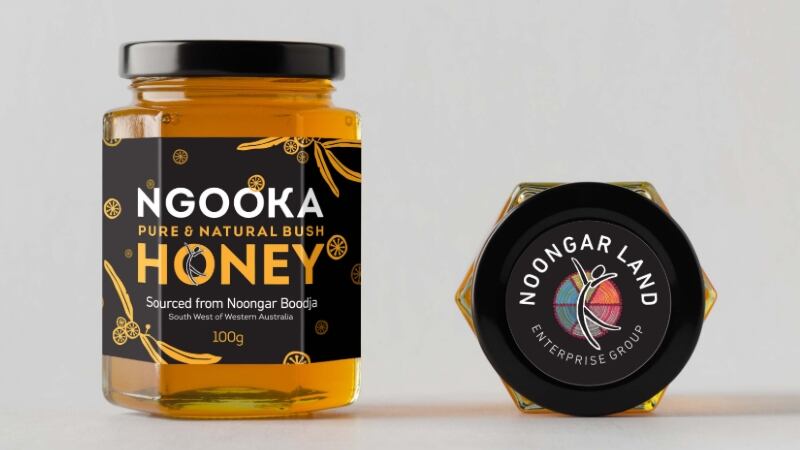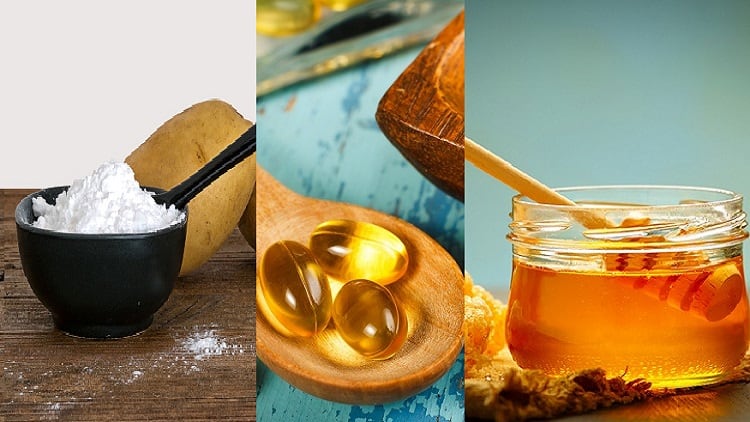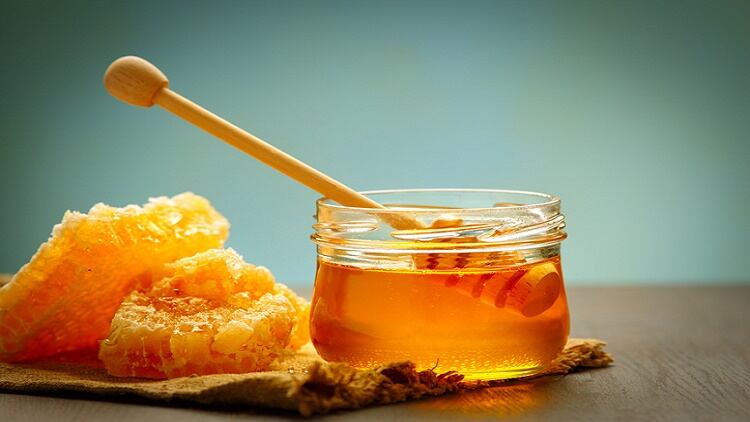Ngooka honey is NLE’s first venture into commercialising a food product since its establishment in 2017, and as such the group is being exceptionally cautious when it comes to business strategies and all the related research and development, said NLE CEO Alan Beattie.
The Noongar tribe is indigenous to Western Australia.
“We’re currently in the midst of detailed research with the Cooperative Research Centre of Honey Bee Products (CRCHBP) in Perth, where phase one is a thorough floral mapping analysis to pinpoint the flowering plants best suited for our bees to produce high quality Ngooka honey,” Beattie told FoodNavigator-Asia.
“Based on research that has been done so far, Ngooka honey is as good as – if not better than – manuka honey when it comes to anti-microbial and health properties, so much so that we believe the highest-grade honey will actually have medical applications e.g. for treating sores and the like, whereas the next level will be what we are targeting for table food honey.
“We are very confident in Ngooka honey’s health properties, and this research is more to provide solid and substantial confidence for the market and consumers.”
Beattie emphasised that the target market for Ngooka honey will be premium, and NLE would first be targeting niche supermarkets, specialty stores, health food shops and the like once research is complete and commercial quantities of honey are produced.
“We’ve currently got around 100 hives now, and hopefully this research will help us to identify the best plants such as Jarrah or Redwood to situate the hives closest to in order to produce larger quantities of this honey,” he said.
“The research will also explain more thoroughly about how the natural flowering plant species on Noongar land are being utilised by the bees to produce honey with such strong health properties. It is very possible that there could be other flowering plants we have not yet considered which lead to this.”
Most premium products today require a high level of provenance, which Beattie said would be in place via methods to track the hives whenever these are moved according to the plants for bees to collect nectar from.
“This tracking will enable to say that the Ngooka honey was produced in specific locations, using plants from a certain locality, which will give consumers the provenance they seek,” he said.
When asked whether Ngooka had the same commercial potential as manuka honey, Beattie said that it was early days but the plan for now was to focus on premium.
“Manuka is essentially a brand of honey used in Australia and New Zealand for honey obtained using the manuka plant – Ngooka is different, it is our word for honey and will only ever be produced on Noongar land by the NLE, so the scale is hardly the same,” he said.
Ngooka honey is expected to be available for purchase around the end of Q1 2021, by March or April.
Noongar-owned honey
In addition to providing provenance and detailed scientific understanding of Ngooka’s properties, the NLE is also looking to differentiate it from other honey products by emphasizing its Aborigine story.
“Firstly, ‘Ngooka’ is actually the Ballardong Noongar native word for ‘honey’ and this honey was sourced by utilizing native plants from the land, and will create income and jobs for the Noongar people,” said Beattie.
“Also, we seek to heal the land, or Boodjar as we call it, by having these native plants growing or planted here to attract bees, which would lead to overall healing instead of removal for agriculture as is common in the country.”
Export potential
Apart from Australia, the NLE has also seen interest in Ngooka honey coming from several other countries, making this a potential new Australian export product.
“China, Singapore, the UAE and Hong Kong especially have expressed a lot of interest in this,” said Beattie.
“I guess from a marketing and sales point of view, COVID-19 sort of had a positive impact as it made people more health-conscious and discerning of what they buy – and our product will be able to match that in terms of provenance and health benefits.
“It’s why we’re now developing our marketing strategy and price point, and we intend to use a unique marketing aspect to differentiate ourselves from others in the marketplace too, though all I can reveal for now is that it will include the consumer becoming very involved in the process.”
Apart from Ngooka honey, the NLE is also researching bush foods on the Noongar-owned land for commercial potential in collaboration with various research partners.
“We’re looking at the potential of bush foods over the next six months to see what our next commercial venture might be, so it could be that the bush foods could have potential as a raw food product, or even processed into jams or other processed food products,” said Beattie.




